 Peter Bradshaw
Peter BradshawFriday October 30 2009
The Guardian
--
A man who has been the indisputable favourite of his mother keeps for life the feeling of a conqueror," wrote Sigmund Freud - and Sigmund Freud was never twirled by his mum lasciviously around in a coffee bar to the novel sounds of rock'n'roll on the jukebox, and furthermore gigglingly taught by her that "rock'n'roll" actually means sex.
This was the dizzyingly erotic experience of the young John Lennon - played by 19-year-old newcomer Aaron Johnson - in this account of his painful, messy teenage years in 1950s Liverpool, written by Matt Greenhalgh (the author of Anton Corbijn's Ian Curtis biopic, Control) and directed by Sam Taylor-Wood.
The mother in question is the legendary Julia, played by Anne-Marie Duff, a cheerful lover of good times and rock'n'roll in all senses, who had a mysterious breakdown after John's birth and surrendered parental control to her sister, the Tchaikovsky-loving and equally legendary Aunt Mimi, played by Kristin Scott Thomas, who brought him up strictly with genteel, middle-class values.
As adulthood dawns, John's increasingly rebellious discontent manifests itself in re-establishing contact with the dangerous Julia, who passionately introduces him to his musical destiny. She and John begin a strange kind of Oedipal affair, with Julia as the mistress and Aunt Mimi the wronged wife. John's story is the story of the duel between these two women - an intolerable situation for which music is the only way out.
Taylor-Wood interestingly begins her film with the opening, jangling chord from A Hard Day's Night, left hanging in a protracted silence until its potential for implied menace and even tragedy has been allowed to float free. It's a witty opening, but apart from pointed references to "nowhere" in the script and in the title, to a glimpse of Strawberry Field children's home and to a schoolbook doodling of "Walrus", Greenhalgh notably avoids cute prophetic touches. However, it has to be said Julia does hang around a bit possessively backstage, to the unease of both John and the young Paul McCartney, played by Thomas Sangster. Heroically, Greenhalgh avoids gags about John letting a woman get between him and the band.
It's a handsomely made film, with a very game lead performance from Johnson, hampered perhaps only by the fact that Lennon is really a rather callow figure at this stage; unlike, say, the more interesting, more grownup Lennon that Ian Hart played in Iain Softley's 1994 film Backbeat. When John shows Julia an EP record of Screamin' Jay Hawkins, she asks where he got it, and John says he swapped it with a bloke at the docks. "Swapped it for what?" Julia asks sharply, and John has no idea what she's implying.
Throughout the movie, I had the sense that Lennon was really a supporting turn and the stars were Julia and Mimi, but that, frustratingly, we were only ever allowed to see them from John's lairy and semi-comprehending point of view. John has to be the focus, and part of the movie's point is his youth, his poignant inability to appreciate how much these women love him.
And the film does contrive a tearful crisis in which the awful secret origins of the Mimi-John-Julia love triangle are laid bare. But for me, this finale was a little stagey, is resolved too easily and disconcertingly discloses a more intense story which has been happening, as it were, behind the movie's back.
None the less, this is an accomplished feature debut from Taylor-Wood, and a satisfying follow-up to her likeable short film Love You More.
--
(c) Guardian News and Media Limited. 2009




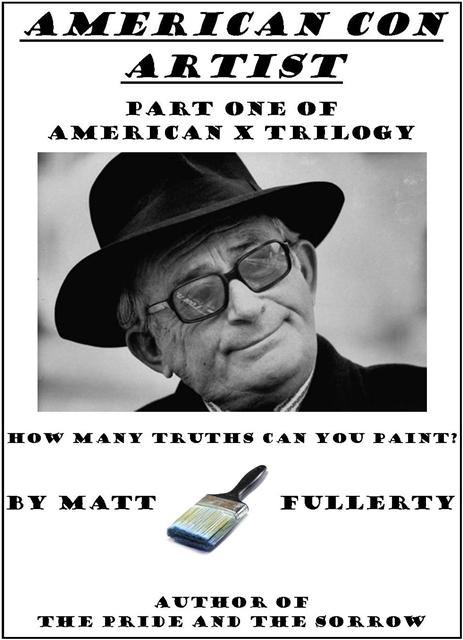cropped.jpg)
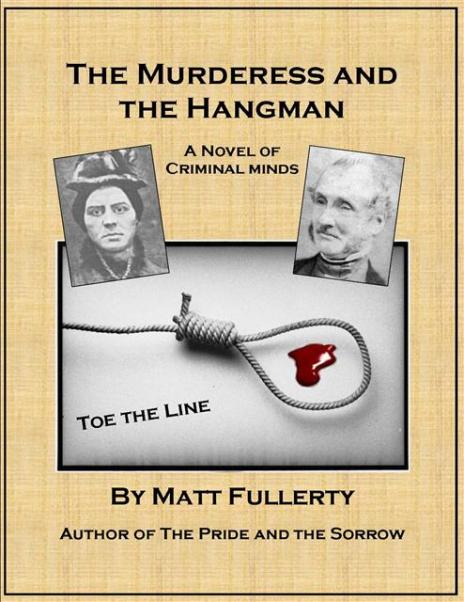.jpg)
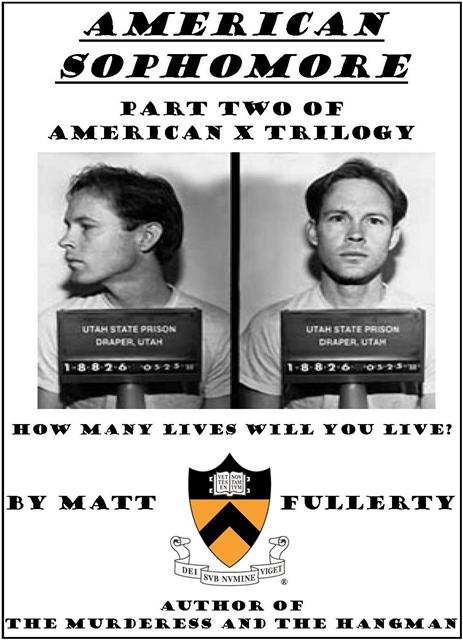cropped.jpg)
cropped.jpg)
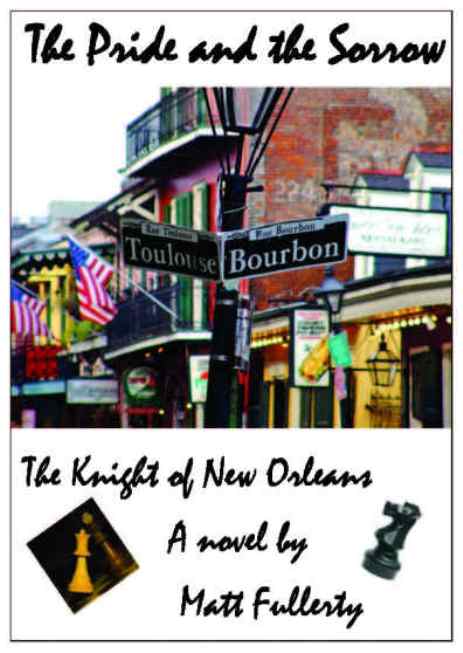2.jpg)
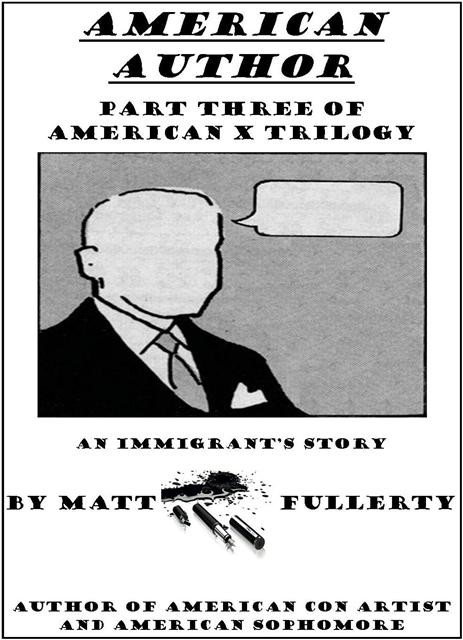Cropped.jpg)
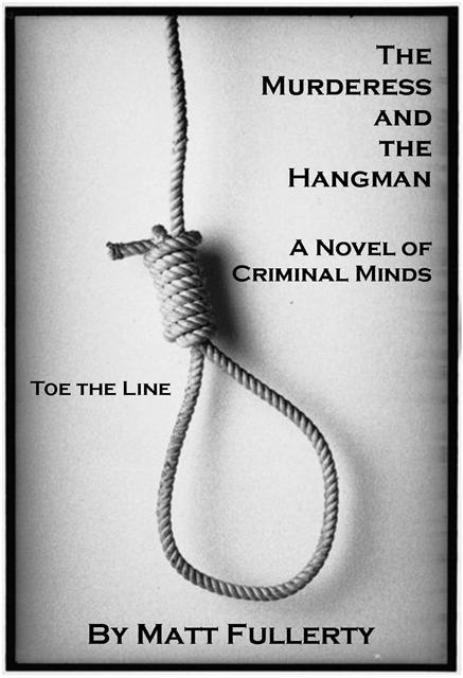cropped.jpg)
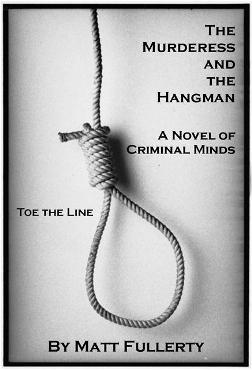4.jpg)






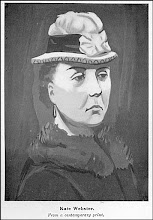







No comments:
Post a Comment